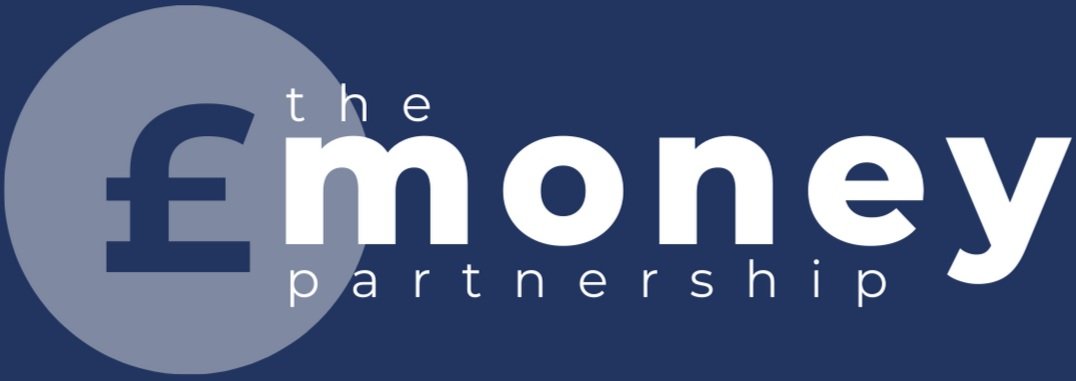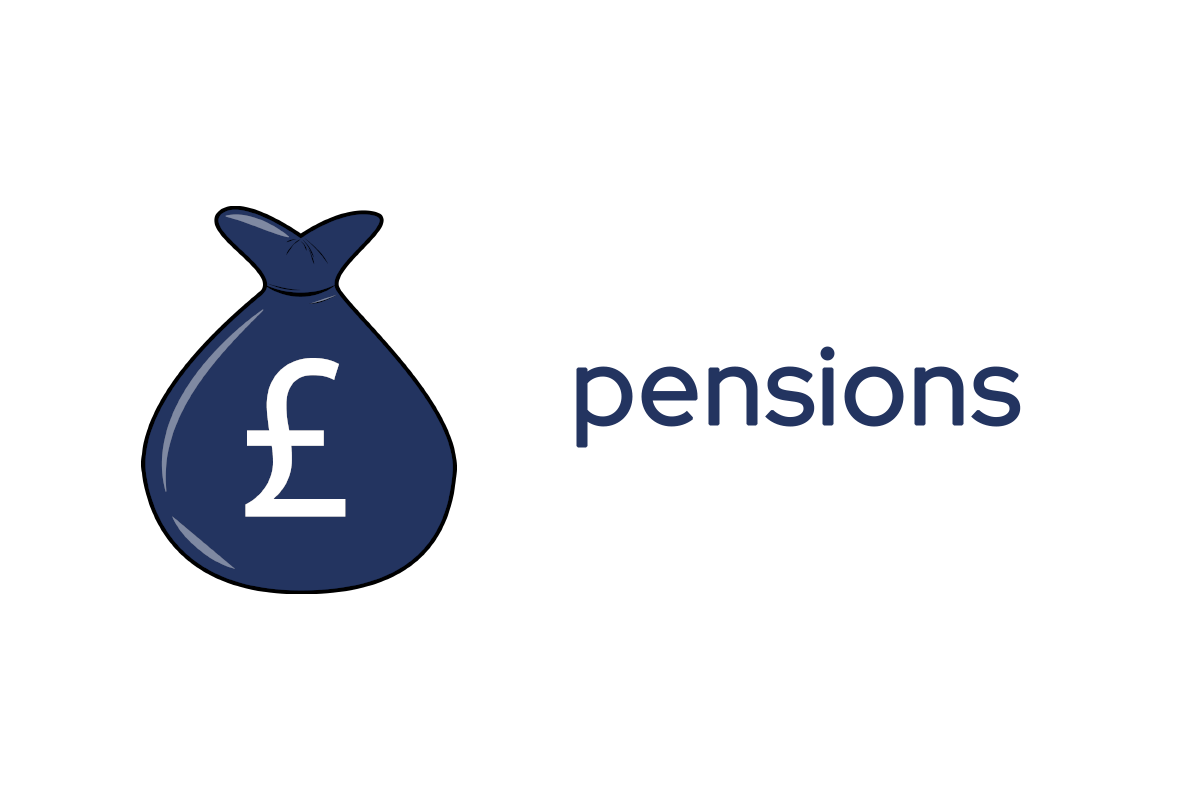
frequently asked questions
We want to make sure you have as much information as you need to make the right financial decisions. Here we’ve answered all the common questions we get about mortgages, pensions, investments, property investment, protection and later life planning…
mortgages
How much money can I borrow for a mortgage?
Depending on your individual circumstances you can borrow between 4.5-6 times your personal income. Lenders will also factor in any credit commitment that you have and your living costs. If you would like us to run through your affordability give us a call.
Can I get a mortgage if I’m self-employed?
Absolutely, if you can prove you have the necessary deposit and you can make the repayments on your loan. Lenders will look at your proof of earnings in the form of an SA302, some require 2 years of accounts some are okay with 1!
What are the different types of mortgages?
A fixed rate mortgage means that your interest rate is fixed for a certain period, so your monthly repayment amount doesn’t change. This tends to be 2 or 5 years.
A variable rate means than your payments will vary depending on your lenders standard variable rate. They typically follow the Bank of England base rate adding on 2-5%.
A tracker mortgage means your interest rate will change as The Bank of England’s base rate changes. It won’t be the same as the base rate but moves in line with it.
What are the fees involved with getting a mortgage?
Along with your deposit, you also need to factor in application fees, advisor fees, solicitors and sometimes valuation fees.
Can I rent out my property?
Yes you can. You don’t always need to switch you residential to a buy to let straight away. A consent to let letter will often do until you are ready to re-mortgage. It’s important that you consult us first so that we can advise you on the correct protocol.
Can I overpay my mortgage?
Yes, most lenders allow you to pay 10% of your mortgage balance as an over-payment every year. Look at how much you’ll save on interest and how much your term will decrease by overpaying each year. Get an idea of how much you could potentially save by using our mortgage calculator.
Can I get a mortgage with no deposit?
Belief it or not you can. A family member can help you get on the property ladder by gifting a deposit or using their equity.
Can I get a mortgage before I have found a property?
We can’t complete a mortgage application, but we can provide you with an Agreement in Principle (AIP) so that you have an idea of how much you can lend.
Can I get a mortgage if I’m not living in the UK?
If you are British living abroad, we can still help you get a mortgage.
What if my credit score is bad?
It’s not necessarily your credit score you need to worry about but your credit report. Lenders will look at your credit history to identify any debt, missed or late payments to help indicate whether you are a reliable borrower. Even if your report does show a few blips, we have specialist lenders that will still accept your application so don’t worry. If you would like to review your credit history, we would recommend using checkmyfile.
Do I need to re-mortgage my house?
If on a variable rate, it’s sensible to review your finances annually. If rates have decreased or if your circumstances have changed, re-mortgaging might be beneficial: you could reduce the term and overall balance!
How long does it take to get a mortgage?
Providing your application is straight forward, we can get you a mortgage offer in a week. If your case is a little more complex this could take up to a month.
Can I consolidate my debt by re-mortgaging?
Yes! If you’ve got into a little bit of debt over the years, it might be possible to consolidate your debts into your mortgage through a re-mortgage. As interest rates are lower, this could save you a considerable amount of money and help you get out of debt sooner
* Your home may be repossessed if you do not keep up repayments on your mortgage. Some forms of Buy to Let mortgage are not regulated by the Financial Conduct Authority.
pensions
When should I start saving for retirement?
As soon as you can. You can put money into a pension pot from the age of 0, but most people start saving in their 20’s.
Why do I need to save for retirement?
When you retire your income will be replaced with a state pension. If you think this state pension won’t provide you with enough money to live the lifestyle you want, you may want to consider contributing to your pension starting now, to give your money time to grow.
How much should I have saved for retirement?
What sort of lifestyle do you want to live when you retire? To ensure you at least have this option, start saving 10-15% of your income each month to go towards your retirement.
How do I know how much is in my pension?
There are several ways you can identify how much is in your pension pot/s: by looking at your pension statements, logging in to your providers online website or giving your provider a call.
How do I set up a new pension?
We can do this for you.
How can I trace a lost pension?
If you have lost track of your pensions and need to find out information to plan for retirement, give us a call.
What fund/s is my pension invested in?
Your pension will be invested broadly. Talk to your financial advisor to find out about the specific funds your pension is invested in and how these funds are performing.
Should I consolidate all my pension pots?
Merging multiple pension pots together can have several benefits: you can manage your pension easier in one place, your annual management charge could decrease, your investment options could broaden.
Can my pension benefit from tax relief?
When you earn tax relief on your pension, some of the money that you would have paid in tax on your earnings goes into your pension pot.
Can I make single contributions to my pension?
Definitely. If you have any extra money lying around, add it to your pension.
Can I cash my pension in early?
From the age of 55 you can take out 25% of your pension as a lumpsum. Any earlier than this and you would have to pay tax and could face charges.
* A pension is a long-term investment. The fund value may fluctuate and can go down. Your eventual income may depend upon the size of the fund at retirement, future interest rates and tax legislation.
investments
What is an investment?
An investment is when you put your money away in hope that it will increase overtime.
What are the main types of investments?
There are four main types of investments: shares, bonds, cash and property.
Where will you invest my money?
We have 5 TMP portfolios from cautious to adventurous funds. Once you have carried out our risk profile quiz, we will advise a portfolio for you. Each of our portfolios are segmented into separate funds again, set up to ensure your investment is diversified.
What will I be charged?
Managing investments takes time and money and service providers will charge a fee. This cost can affect the returns you’ll receive and it’s something you should ask about before you invest. It’s important to have independent advice as all costs will be made transparent to you and will be factored in on the investment.
When should I start investing?
If you have plenty of money in your cash savings account, you should consider investing some of it. It’s important to always keep some savings in the bank for emergency, but any left over, why not make it work harder for you!
Is my money in the right place?
Before investing your money, we will get to know you, your personal circumstances and what your long term goal is to ensure how and where we’re investing your money is the right way for you.
How do I know how my funds are performing?
We’ll keep you updated in our quarterly meetings.
* The value of units can fall as well as rise, and you may not get back all of your original investment.
property investment
Can I become a landlord?
Yes. Technically owning 1 buy-to-let property makes you a landlord, but what we call an established landlord is someone with 5 or more properties.
What are my responsibilities as a landlord?
You are responsible for obtaining a landlord license, getting the correct insurance, getting the correct paperwork in place, having health and safety certificates and maintaining the condition of the property.
Do I need to hire a letting agent?
That is up to you. You can either pay a letting agent to manage your properties or do it yourself.
What is the right property to get for a buy to let?
This depends on what you want to get out of property investment, what is your goal? Once you know what you want to achieve you can align the type of property you buy, what area you want to buy in and what sort of tenant you want living there.
How much deposit do I need for a buy-to-let property?
The minimum deposit for a buy-to-let mortgage is 20-25%
Do I need to furnish the property I am renting out?
This is totally up to you. However, you need to be aware that if anything in the property breaks that you provided initially, you are responsible for fixing it.
What are the risks involved with buy to let properties?
Your main risk is the mortgage becoming a higher cost than the rent coming in. Therefore, it’s crucial to work out the figures before buying an investment property to ensure your profit margin is wide enough.
What are the costs involved with getting a buy to let property?
Other than putting down a deposit, you will need to pay stamp duty, insurance, tax and perhaps a letting agent if you want one. It’s important to keep some money aside in case the property needs any repairs or if you have a void period with no-one paying rent.
What can I do if a tenant isn’t paying their rent?
If you have asked your tenant to leave nicely and its not doing the job you could either take them to court or you could hire a company to evict the tenant.
Can I buy and flip a property?
If you have enough cash, good credit and you like a good project, sure!
What are the risks involved with flipping?
Your main risk is having to spending more money on a property than you budgeted for, it could result in you making no money or losing money for that matter.
How much money should I spend on renovating a property?
This depends how much work needs doing and the value of the property. Typically, you shouldn’t spend any more than 10% of what the sale price is after repair.
Can I buy a property for my business?
Yes except the deposit will be higher for a commercial mortgage than a residential mortgage. If you have a self-invested personal pension you can buy a commercial property with your pension, which is held in a tax-free wrapper.
* Your home may be repossessed if you do not keep up repayments on your mortgage. Some forms of But to Let mortgage are not regulated by the Financial Conduct Authority.
protection
What is income protection?
If you are self-employed, having income protection insurance means that if you were to become ill, you would receive a regular monthly income until you become well enough to work again.
What is life insurance?
A life insurance policy provides a tax free lump-sum if you were to pass away. It can help go towards an unpaid mortgage, debts or to cover any other financial obligations that you have.
How long should my life insurance policy be?
All families are different, so you need to consider your personal circumstances. You might want to take it out for 25 years to help cover the length of your mortgage.
Can I put my life insurance money in a trust?
Yes definitely, this is a great way to protect your family. The trust can control who the money will go to and when the money will be paid out.
What is critical illness insurance?
If you are diagnosed with a long-term illness, for example cancer, major heart attacks, MS, a critical illness policy will pay out a tax free one-off payment.
Can I make changes to my insurance policy?
We understand that circumstances can change. If you would like to request any changes to your policy just give us a call.
Can I cancel my policy?
Yes. You can cancel your policy at any time, just give us a call.
How much will my insurance cost?
This depends entirely on what cover you need, how much cover and other factors including your age and health.
What is key person cover?
This cover protects your business against a loss of profit on the death of a key person.
What is shareholder protection?
Shareholder protection is for limited companies. It provides a lump-sum if a shareholder dies or gets diagnosed with a critical illness.
What is relevant life cover?
This cover is set up by an employer and pays out a tax free lump-sum on death of the person insured.
* The plan will have no cash in value at any time and will cease at the end of the term. If premiums are not maintained, then cover will lapse. The policy may not cover all definitions of a critical illness. For definitions of illnesses covered please refer to the Key Features and Policy Documents.
later-life
planning
What is a Will?
A Will is a record of your wishes when you pass on.
Can I change my Will?
You can create a new Will. Some estate planners like us, allow you to make amendments at no cost?
What is a Trust?
A trust is a legal way to hold your money and protect it for the future.
How long does a Trust last for?
125 years.
Do I need a trust?
A trust is a very power legal tool helping you reduce and sometimes mitigate inheritance tax and care fees. If you want control over your money, it would be a good idea to get a trust.
What is an LPA?
A lasting power of attorney is a legal document appointing a person to help you make decisions or act on your behalf if you are no longer able to.
What will happen if I don’t have an LPA?
If you become ill or have an accident which affects the ability to make your own decisions, your bank account, savings and investments could be frozen and your family wont be able to access them to help fund whatever support you may need.
What is probate?
Probate is the process of managing and passing on property, savings and assets when a person dies (once all debts and taxes have been cleared). This process is a lot quicker and easier when a Will has been put in place.
Will I have to pay care fees?
In Wales, if you own over £50,000 in savings and assets you will have to fund your own care.
Could my house be taken from me to pay for care fees?
Sometimes the value of your home will be disregarded in your financial assessment if other people still have to live there. However, if you’re moving into a care home and your property is of substantial value you will most likely have to sell your property to fund your own care.
Can I gift assets to my family and loved ones?
Yes of course so long as your intentions are genuine. If the local authority suspect you are gifting assets to avoid things like care fees and tax inheritance you could be in trouble.
* Will Writing, Trusts and Inheritance Tax Planning Advice is not regulated by the Financial Conduct Authority
general
What are your opening times?
We’re typically open between 9am and 5pm, however if clients would like to chat with us in the evening or on the weekend because they aren’t available during weekdays that is no problem.
Is there parking at your office?
Yes. We’re on the high street, parking is available just outside the office for up to an hour.
Can I contact you on the weekend?
We might not be able to process your request over the weekend, but we can make ourselves available to have a chat if you let us know in advance.
Are you able to provide financial planning services online?
Of course. We have systems and processes in place which means we can both communicate and service you online.













